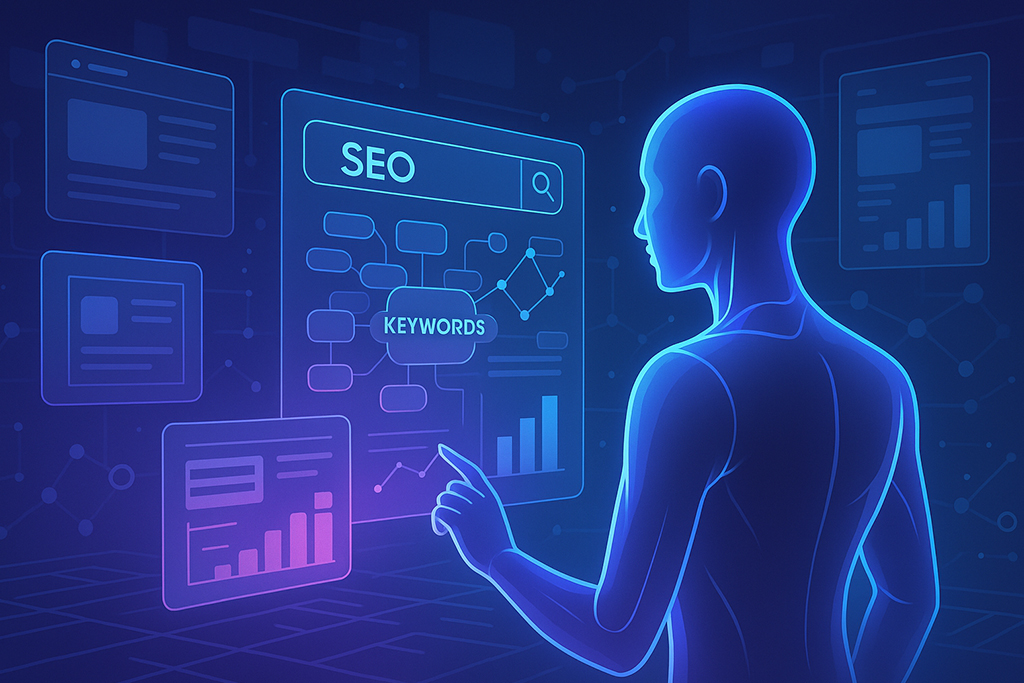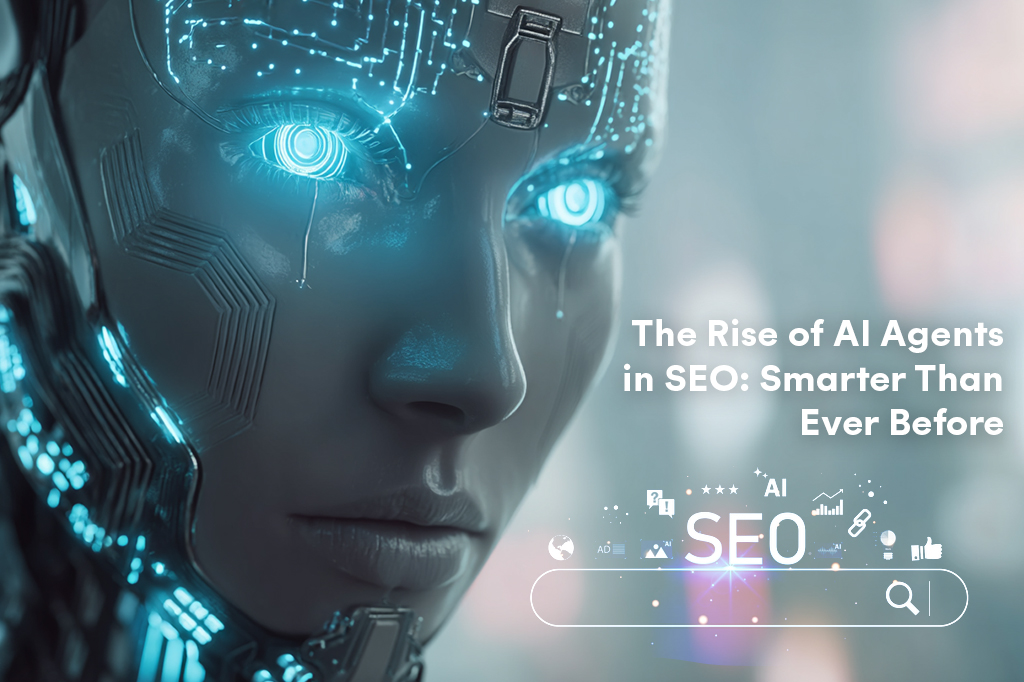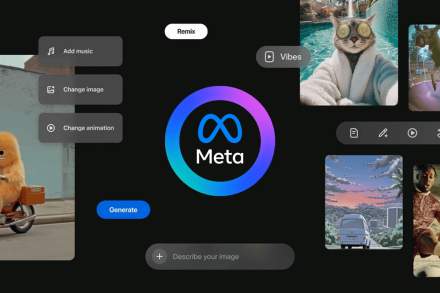In 2025, the SEO world is entering a new frontier: AI-powered SEO agents. These aren’t just tools, they act as semi-autonomous collaborators that analyze, generate, optimize, and adapt content strategies based on real-time signals. From ideation to publication, these AI marketing agents are poised to reshape how digital teams work.
AI-powered SEO agents
An AI agent in SEO is more than a writing assistant. It’s a system that:
- Monitors signals search trends, competitor moves, algorithm updates
- Generates content in response, often modular and adaptable
- Tests and optimizes variants dynamically
- Adapts over time using feedback loops
Unlike static tools, these agents can manage workflows, respond to performance metrics, and pivot strategies. In short, they behave more like co-workers than mere plugins.
AI Agent for SEO Content Creation
Traditional SEO has often been reactive and laborious: keyword research, content calendars, manual optimization. But AI agents for SEO and marketing bring agility. They let marketers:
- Scale content generation with consistency
- Adjust strategies on the fly (no rigid schedules)
- Tailor outputs to multiple personas or AI “consumers” (e.g. voice assistants, chatbots)
In effect, AI marketing agents can handle both the heavy lifting and the nuance of SEO, freeing human teams to focus on strategy, creativity, and oversight.

AI Agents for SEO and Marketing
To succeed, these agents rely on several new content strategies:
- Content modularity: Instead of monolithic pages, content is chopped into reusable “chunks” or blocks. Agents can recombine them per context or channel.
- Polymorphism: A single topic page can morph depending on who (or what) is consuming it, e.g. an AI assistant vs. a human reader.
- Data enrichment: Embedding structured metadata (schema, microformats) helps agents “understand” your content better and makes it easier for them to use it reliably in downstream tasks.
Hence, AI agents for SEO content creation don’t just spit out text, they assemble optimized, adaptive, semantically rich content.
AI Agent in SEO
Here are a few real use cases:
- E-commerce: Product pages that dynamically adapt based on seasonal trends, stock levels, or consumer behavior
- News & media: “Living” articles that auto-update with the latest developments or context
- Promo / deals sites: Pages that morph for holidays, sales periods, or shifting offers
These systems run multiple content versions in parallel, test which ones perform better (CTR, engagement, ranking), and automatically promote winners.
Challenges & Cautions
This new paradigm isn’t without risks:
- Quality & consistency: If agents generate content too freely, tone and accuracy may suffer
- Oversight & control: Blind reliance can lead to mistakes or content misalignment
- Ethics & bias: Agents must be guided to avoid harmful, biased, or misleading outputs
- Technical complexity: Integrating agents with CMS, analytics, and publishing systems is nontrivial
Human supervision is essential, not to replace the agent, but to audit, refine, guide, and correct.
The Future: AI Agents + Humans, Not AI vs Humans
The vision for AI agents in SEO and marketing is a hybrid future. The most effective teams will pair AI marketing agents with experienced strategists, writers, and editors. The agents handle scale, optimization, experiments, and adaptation; humans bring nuance, ethics, creativity, and big picture vision.




